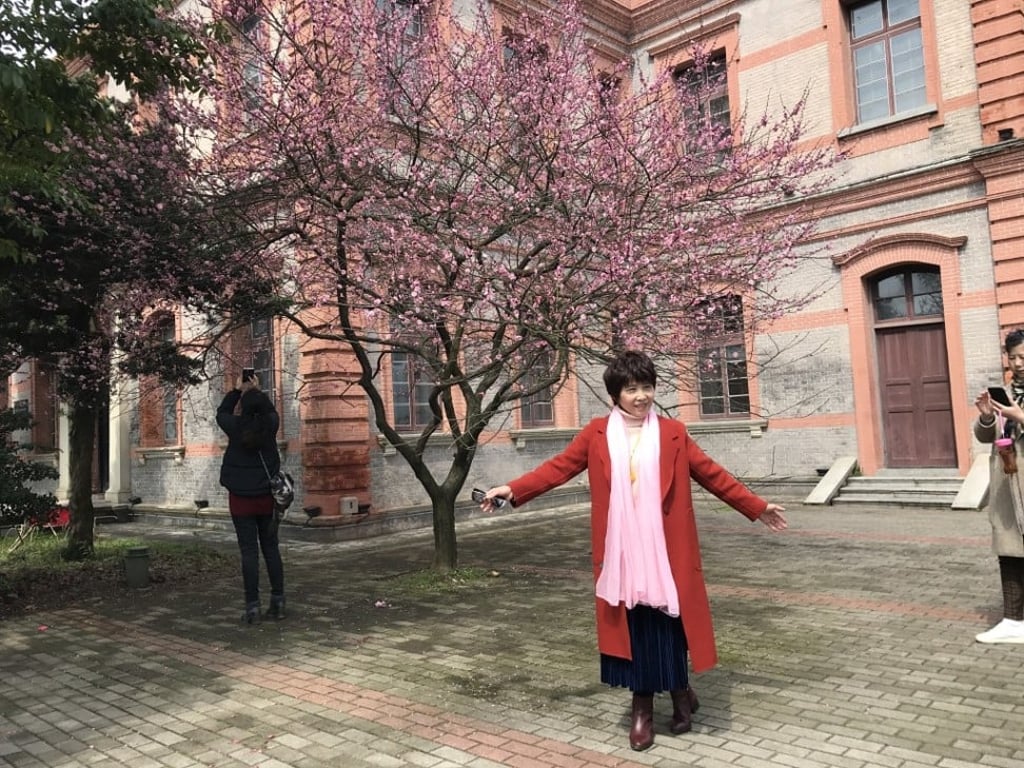In Changsha, China, a British writer finds clues to his own history and that of Chairman Mao
- The Hunan provincial capital bears its association with the nation’s most famous son proudly
- Despite the introduction of modern industries, the city retains a feeling of yesteryear

As an inland city, Changsha lacks the glamour and sophistication of coastal metropolises, but therein lies its appeal. Rubbing shoulders with locals who boast of being laid back and friendly, a visitor can recapture the flavour of yesteryear China.
Even as industries such as engineering machinery, electronic information and carmaking are developed in the capital of Hunan province, a giant bust of Mao Zedong, on Orange Island, reaffirms its ties to the founder of the People’s Republic, who was born nearby, went to school in Changsha and began his revolutionary career here.
The 5km-long island lies in the Xiang river, which divides Changsha, and has long been distinct from the city around it. It is now a large recreational park, offering respite from the urban hustle and bustle. Just a few decades ago, though, this sandbar was home to a community of foreigners, with imposing European-style buildings and spacious lawns. The contrast with the walled city across the water, with its narrow, congested lanes, was stark.
Only a few buildings from those times survive: the custom commissioner’s residence, a group of structures that belonged to Seventh Day Adventist missionaries in the 1920s, and which are now used as restaurants, and a pair of restored two-storey American greystone villas once occupied by executives of the Standard Oil Company of New York, which stand at opposite ends of a spacious lawn.

I have come to the tourist centre on Orange Island with an unusual request. Through our guide, I tell officials that, after Changsha became a treaty port, in 1904, my English grandfather lived on this island while working for the China Post Office. He was acting postal commissioner from 1915 to 1919. My Aunt Dolly recalled her father, Frank Newman, departing for work in a motor launch with Chinese staff in blue-and-white sailor uniforms.